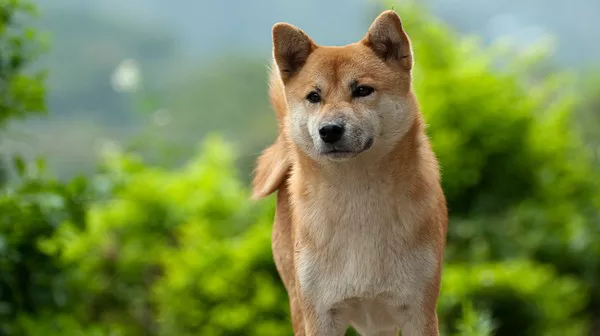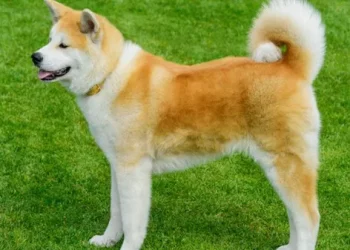Welcoming an Akita puppy into your home can be an exciting and joyous occasion. However, as a responsible dog owner, it is essential to invest time and effort into training your new furry companion. Akitas are known for their intelligence, loyalty, and strong-willed nature, which makes early and consistent training crucial for developing a well-mannered and well-adjusted adult dog. In this comprehensive guide, we will explore the fundamental principles and effective techniques for training an Akita puppy.
Start Training Early
Training should commence as soon as your Akita puppy arrives at your home. Early socialization and basic obedience training are crucial to instilling good behavior habits from the beginning. The socialization period for puppies is between 3 and 16 weeks of age. During this time, expose your puppy to different people, animals, and environments in a positive and controlled manner.
Establish a Consistent Routine
Akitas thrive on routine and predictability, so establishing a consistent daily schedule is essential. Set regular times for feeding, playtime, training sessions, and bathroom breaks. A well-structured routine will help your Akita puppy feel secure and understand what is expected of them.
Utilize Positive Reinforcement
Positive reinforcement is the most effective training method for Akitas. Reward your puppy with praise, treats, or affection when they exhibit desirable behaviors, such as following commands or showing good manners. Positive reinforcement strengthens the bond between you and your puppy and encourages them to repeat the behaviors you want to reinforce.
Focus on Basic Commands
Teaching your Akita puppy basic commands is fundamental for their safety and overall behavior. Start with commands such as sit, stay, come, and leave it. Use consistent verbal cues accompanied by hand signals to reinforce the commands. Practice these commands in different environments and gradually increase distractions to ensure your puppy can follow them in any situation.
Leash Training
Leash training is vital for taking your Akita puppy on walks and ensuring they behave appropriately in public settings. Introduce your puppy to the leash and collar indoors first, allowing them to become familiar with these items. Then, begin leash training in a quiet and controlled environment. Reward your puppy for walking calmly beside you, and gradually introduce them to more stimulating surroundings.
Discourage Undesirable Behavior
When your Akita puppy displays undesirable behaviors, such as chewing on furniture or excessive barking, redirect their attention to appropriate toys or activities. Avoid scolding or using punishment-based methods, as Akitas can be sensitive and may respond negatively to such approaches.
Introduce Crate Training
Crate training is an essential aspect of your Akita puppy’s development. Introduce the crate as a safe and secure space where your puppy can rest and relax. Use positive reinforcement techniques, such as treats and toys, to encourage them to enter the crate willingly. Crate training helps with potty training and prevents destructive behaviors when your puppy is unsupervised.
Socialization is Key
Socializing your Akita puppy is crucial for developing their confidence and ensuring they are comfortable in various social situations. Expose your puppy to different people, animals, and environments, ensuring the experiences are positive and controlled. This will help reduce the risk of fear-based aggression and behavioral issues later in life.
Be Patient and Persistent
Training an Akita puppy requires patience and persistence. While Akitas are intelligent, they can also be independent and strong-willed. Consistent training, positive reinforcement, and gentle guidance are essential for successful results.
Seek Professional Training if Needed
If you encounter challenges or need specialized guidance during the training process, consider enrolling your Akita puppy in a professional training class. Experienced trainers can provide valuable insights, address specific behavioral issues, and enhance the bond between you and your puppy.
Conclusion
Training an Akita puppy is a rewarding journey that lays the foundation for a harmonious and fulfilling relationship between you and your canine companion. With early socialization, consistent positive reinforcement, and patient guidance, your Akita puppy will grow into a well-behaved and confident adult dog. Remember that training is an ongoing process, and as you invest time and effort into your puppy’s education, you will be rewarded with a loyal, well-mannered, and loving companion for life.
Recommended reading:


























